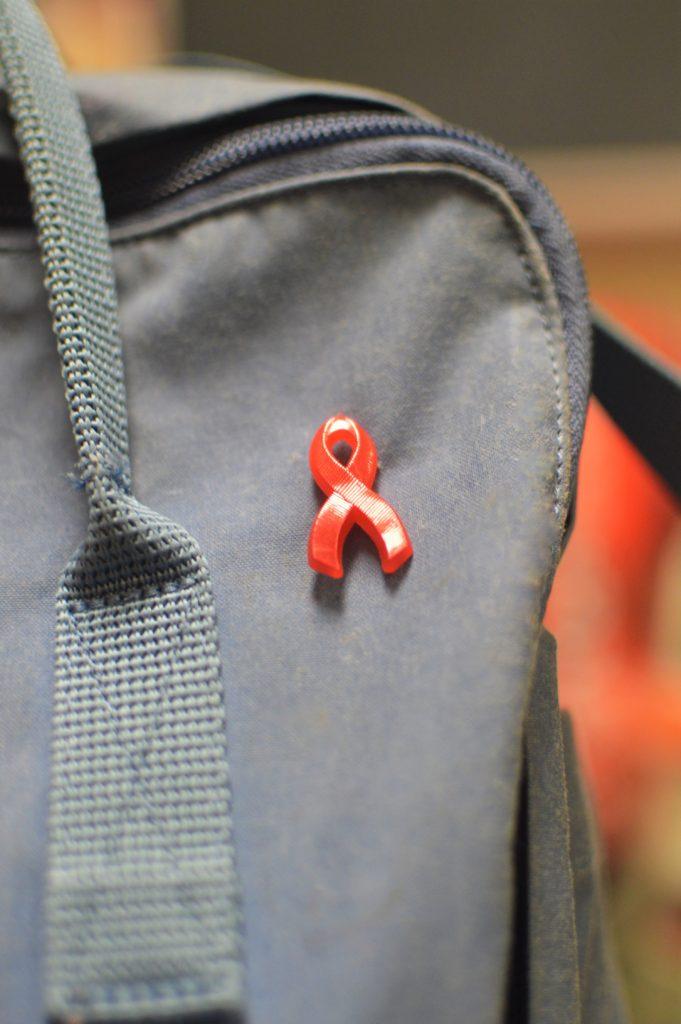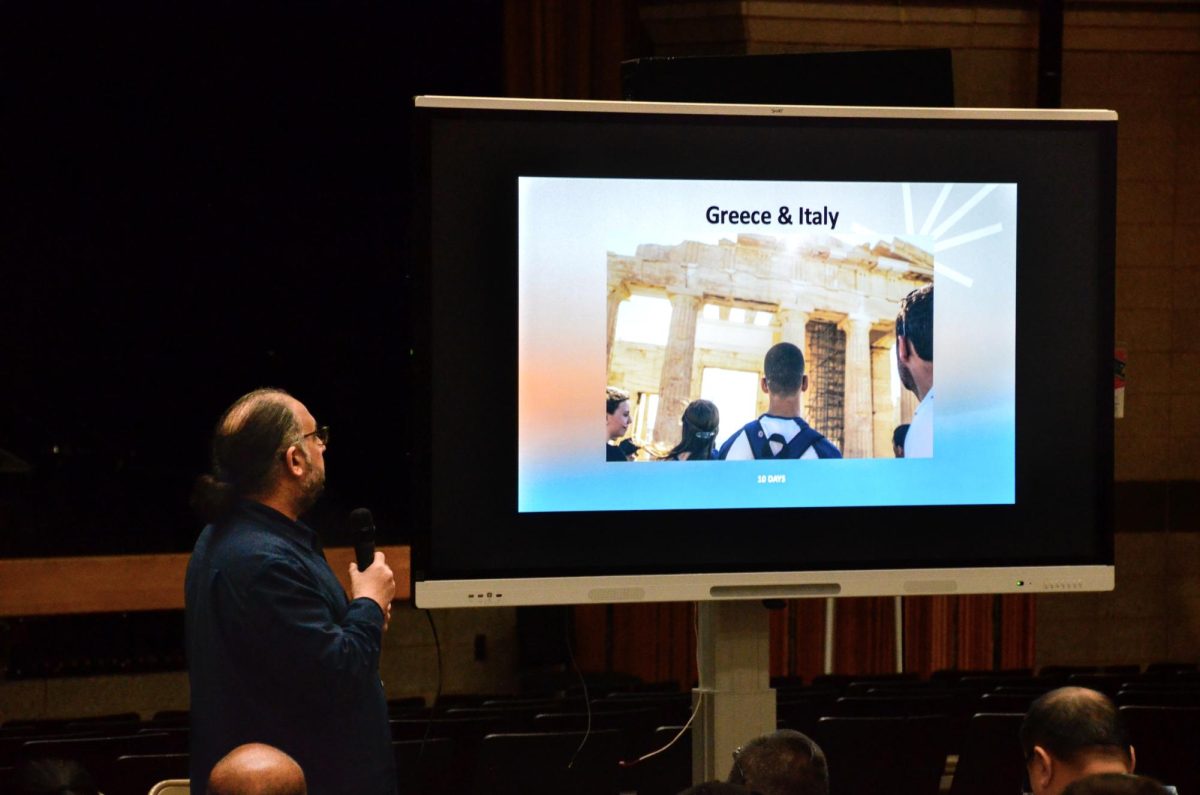
On December 1, Townsend Harris High School hosted its annual HIV/AIDS day to educate students about the importance of taking precautions against sexually transmitted diseases and to raise awareness of a growing problem that could be reduced for future generations.
HIV is a virus that significantly weakens a person’s immune system to the point where it is unable to defend itself against even the most minor of infections. On this day, teachers, peer educators and guest speakers explored the different ways to avoid exposure to this infection and limit its reach in our population.
This year, rather than having people living with HIV speak to students about their condition, Maria Assante, the organizer of the event, decided to try a different approach. She chose an expert from Columbia University to come in and speak to students about more current findings about HIV.
Ms. Assante explains the reason for this: “I don’t want people to think that it’s a liveable disease because it’s not. I mean it is but it isn’t. You can live with diabetes, but do you want it? You can live with asthma, but do you want it? So you could live with AIDS, but I’d rather live without it.”
This speaker largely discussed the dangers of complacency regarding this devastating virus, which, nevertheless, was successful in communicating the urgency of our situation.
However, just as before, students that have received training at North Shore hospital will continue to be our peer educators and will counsel students on the different ways to protect themselves from getting infected with HIV and why this is an integral part of our education. Over 60 students participated this year, and have come out with more knowledge and a new perspective on HIV.
Senior and peer educator Zorana Dragasevic remarks on her own experience learning about HIV: “The learning process about these diseases taught me to teach others because there is nothing to fear, knowledge is power.”
She also adds, “I think AIDS education is important because, like it or not, there are certain things that happen and rather than avoiding them it is important to understand them because despite whatever one’s personal beliefs may be, safety should be everyone’s main priority.”
While there are not many differences between World HIV AIDS Day throughout the years, or new discoveries about the disease itself, Ms. Assante asserts that students’ outlook on it changes as they grow older. “Even though the information doesn’t change all that much, you change, and how the information affects you changes.”
Another peer educator, senior Jenny Gao expands on this by saying, “I think AIDS education is very important, especially to high school students who are just starting to discover who they are, experimenting with new things. Although we see that the HIV/AIDs virus is not as prominent and life threatening as it was back in the day when it was first discovered, everyone should understand the virus and know how to protect themselves against it. Like we did in training at Northshore, we all need to be self-aware of what we are saying and doing based on our prejudice and bias towards others.”
Finally, what is most imperative to remember as we learn about this is, as Ms. Assante put it, “AIDS isn’t going away, and we have to realize that it’s not an inevitability that you have to get infected. There are a lot of infected people, millions, tens of millions of people that died already. We don’t need to add to that number.”



























